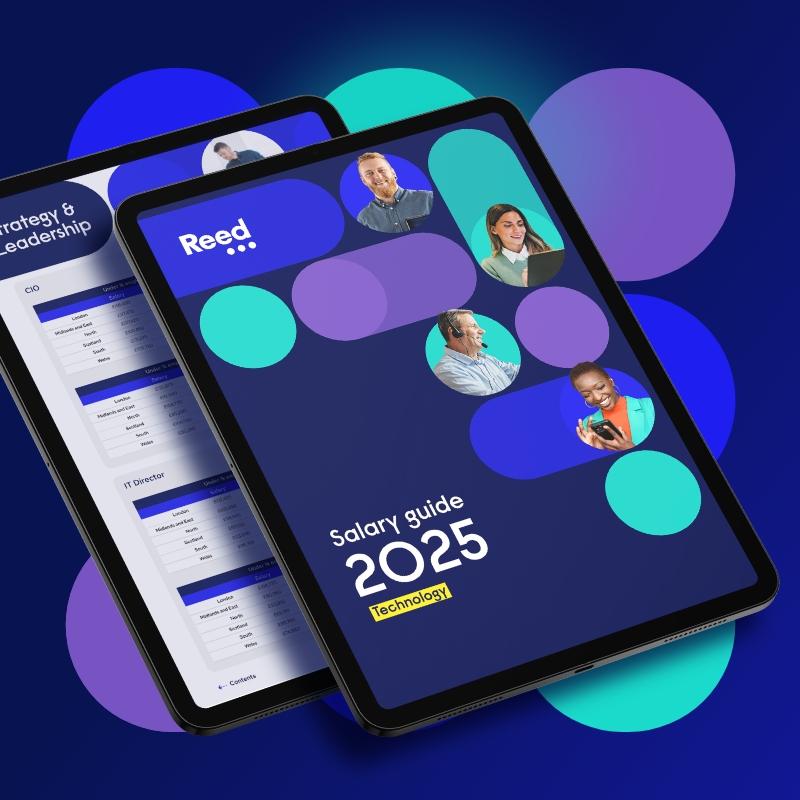While investment continues apace to fill the nation’s digital skills gaps, the current reality means employers need to take a different approach if they are to fill their vacancies. One strategy could be through studying employee engagement levels. Staff motivation can be increased in various ways, from teambuilding days to financial incentives, but a real connection to an organisation and between its people, can be significantly enhanced through allyship.
In the tech sector, where much progress needs to be made in diversity and inclusion, allyship can solve many cultural challenges as well as create opportunities for tech-related careers.
Q: How important is allyship in the tech sector?
A: It’s no secret that businesses are struggling with digital skills gaps, which is hampering their ability to develop and remain competitive. This scramble to find tech-savvy talent means many companies are missing out on skilled professionals who have been offered higher salaries, while they could instead showcase their commitment to diversity and inclusion. They could be looking to hire people who have been traditionally underrepresented in the sector, including women and people from ethnically diverse communities.
They could also invest in retraining existing staff who show enthusiasm and aptitude for tech roles. When experienced professionals mentor others, it can make a real difference to the business, not just in terms of filling jobs, but in creating a culture change where employees feel they can develop their careers within the organisation.
Q: How can tech employers build a culture of strong allyship, and how does it work?
A: Allyship takes time to establish so should be viewed as a long-term investment. It involves a combination of top-down support with leaders dedicated to the in-house training and upskilling of individuals. Managers should also act as allies in support of team members’ taking on additional tasks to develop their skills.
Tech careers are fast-paced and require workers who enjoy learning about new developments, identifying where improvements and efficiencies can be made across the business with tech, and keeping abreast of trends. Pairing employees who can naturally form strong working relationships really helps, and the partnership should also be supported by regular feedback and measurable goals.
Consider setting up employee resource groups for underrepresented communities, where members can network and gain insight from external speakers and advocates to bolster their careers.
It can also help to cement your allyship plans by promoting it in your job adverts and on your website and social channels. It’s a great benefit so should be shouted about – especially by those who are involved. Encouraging people to spread the word on their own channels and through your employee ambassadors, can be hugely beneficial for business.
We set up the Reed Women in Technology Mentoring Programme, which has been very successful. We partnered with mentoring and coaching platform Guider to give everyone access to the career development they deserve. Guider's platform connects those looking to learn and grow with the most relevant people who are ready to offer their time to help. Built with effective mentoring at its core, the platform guides users through their mentoring relationships, tracking progress, goals, and feedback.
We offer employers rolling enrolments to our mentoring programme, with ongoing support for a 12-month initial period – most mentors and mentees build such a rapport that they meet once a month and continue to meet for longer than the first year.
Q: What types of professionals make good allies? How should allyships be formed?
A: Anyone can be an ally, but the title is not something that can be self-proclaimed, rather something recognised by the individual or group on the receiving end of the partnership. It is easy, while having good intentions, to slip into ‘white knighting’, ‘mansplaining’ or other forms of negatively received behaviour. To train yourself out of these habits, if you think you/the ally are prone, is to remember that the focus should be on the individual – their experiences, how they like to learn, and what they want out of the allyship.
It's a privilege to be asked to be an ally – and speaks volumes for the professional reputation of those selected for the role, usually by HR or senior leadership. But it’s important to be realistic about the partnership, what the ally can offer in terms of time and skills, and measurable outcomes.
Personality clashes happen sometimes, so it helps to have trial periods where both parties have time to settle into the partnership and work through any teething problems.
From our women in tech programme, we’ve heard time and again from mentees how useful it has been to have that solidarity – someone in their corner giving them a professional and personal boost, and a new perspective on navigating an industry that can seem challenging at times.
Q: What forms of allyship work best – does it always have to be about practical support?
A: We’ve often found that practical and emotional support go hand in hand.
People wanting to learn new skills are often passionate about their futures and will naturally have concerns about that – as well as how they are progressing and what they want from the partnership. They might want assurances that they are on the right track, or be keen to demonstrate new knowledge. They may see their ally as someone to bounce ideas off as well as to help clarify in their own minds what they ultimately hope to gain from the relationship.
Other ways to be an ally include acting as a sponsor, a champion, or advocate for individuals or groups. This might include promoting the allyship externally, standing up for individuals experiencing issues in their careers, or inviting members of underrepresented groups within the business to take on roles with greater visibility, at events or within internal communications.
Q: As founder of Reed’s Women in Tech Mentoring Programme, what kind of feedback have you had from professionals involved?
A: Mentees have consistently told us how much the programme has increased their confidence and opened doors.
Rebecca Taylor, Threat Intelligence Knowledge Manager at Secureworks, commented of her experience: “It’s safe to say my mentor has changed my life! We have been in a mentoring relationship for six months and I have successfully achieved all the goals we set together at the beginning. I have gained confidence, perspective and momentum which I never thought would be possible. She has helped me feel empowered and tap into new skills and behaviours. I will always be grateful for the support.”
Q: What feedback do you hear from employers/managers involved in the programme?
A: Our mentors tell us how much they enjoy meeting women from different industries and at different stages of their career.
Mentor Emma-Ruth Arnaz-Pemberton, Director of Consulting Services at Wellingtone Project Management, said: “This mentoring programme is built around empowering women to break down walls that really shouldn’t exist, and to provide support that enables the mentees to realise their potential and goals.
“Being part of the programme is fulfilling on a professional and personal level. It’s great to see the progress being made.”
Q: Is it important for employers to measure outcomes of allyship?
A: In terms of outcomes, Reed Women in Technology Mentoring Programme is a little different to others as we aren’t working to one set of measures of success. Each member of our community will be looking to achieve different things, from finding a first job, securing a promotion, pay rise or any number of non-work-related outcomes. So, we rely a lot on member surveys – capturing general satisfaction data and anecdotal evidence of all the great achievements and success stories they are having as a result of their mentoring relationships.
Q: Why has Reed chosen Guider’s mentoring platform for the Women in Technology Mentoring Programme?
A: Guider has allowed us to transform the way our programme runs. We no longer have fixed cohorts with defined start and end dates. The visibility of things through metrics and the ability for our members to self-serve has allowed us to continuously onboard new members, to enable mentoring to be provided when it is needed and for it to be bespoke to the individual. This also makes it more accessible to our mentors, as they no longer have to meet specific availability criteria and can offer their services at a time that suits, even if only for part of the year, between other commitments. As a result of this we currently have a 500% increase in new sign-ups and 250% increase in relationships created, with no need to worry about limiting those numbers.
Guider’s platform has provided us with the functionality of a CRM for all mentoring-related communications, allowing us to safely and securely house all our members’ data compliantly, away from our other services.
It has also given us data and insight that has allowed us to take into consideration things we weren’t previously conscious of, such as patterns in signups and mentoring requests, the locations of our users, and length and frequency of mentoring sessions.
The sum of all of this is that managing the programme takes significantly less time than it would without Guider in place. This has freed us up to use our time on a variety of other things that add value to the community we support through mentoring. These includes meetups, webinars, workshops and other partnerships.
Q: Organisations with a culture of allyship will be more attractive to jobseekers. What other benefits are there?
A: Allyship is a benefit that all organisations should seek to offer. It can make the difference between an employee staying or leaving for pastures new. It can attract jobseekers and inspire employees who may realise mentoring talents they didn’t know they had.
The rewards extend beyond the organisation itself, into the community – and can make an employer sought out by schools, colleges and universities who admire the principles of allyship.
Brand reputation is everything, and today’s professionals won't settle for anything less than people-first organisations.
Find out more about Reed’s Women in Technology Mentoring Programme, and to expedite your search for tech talent, don’t hesitate to get in touch.




